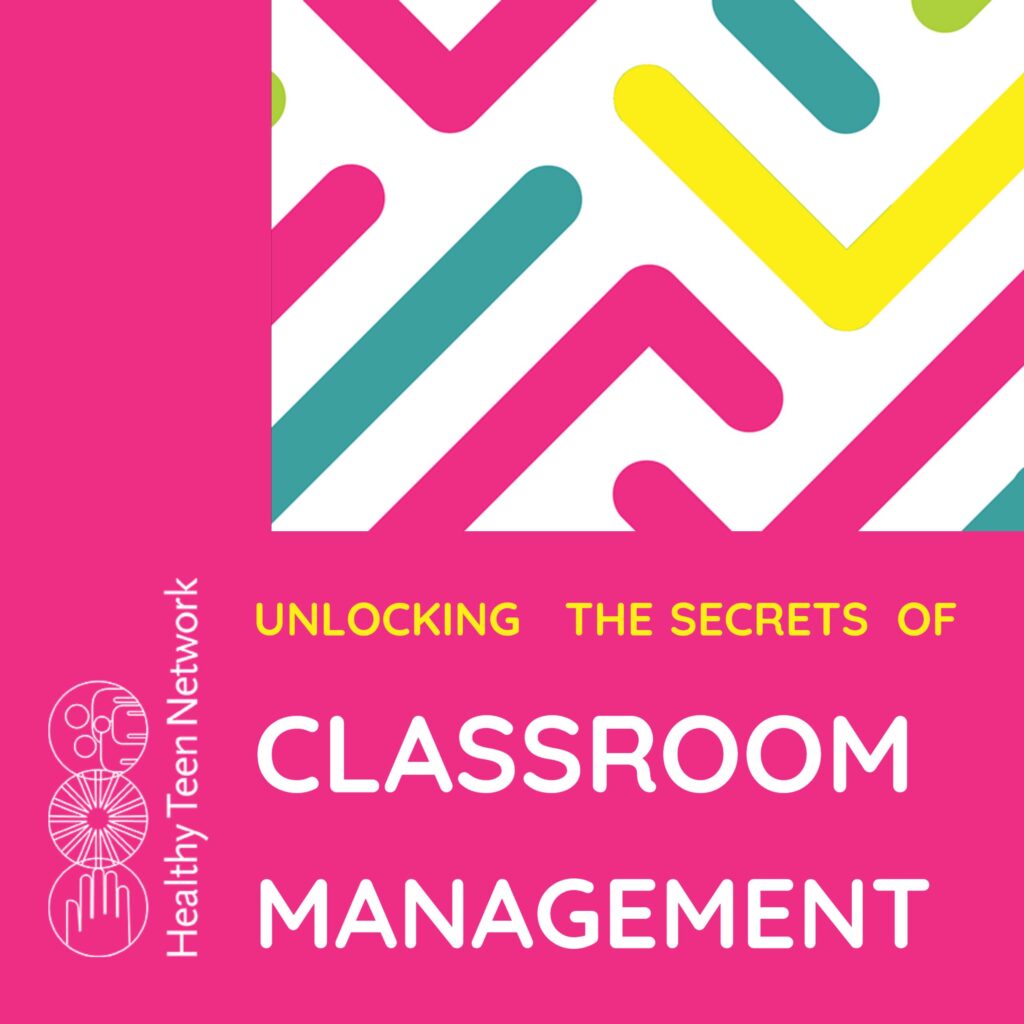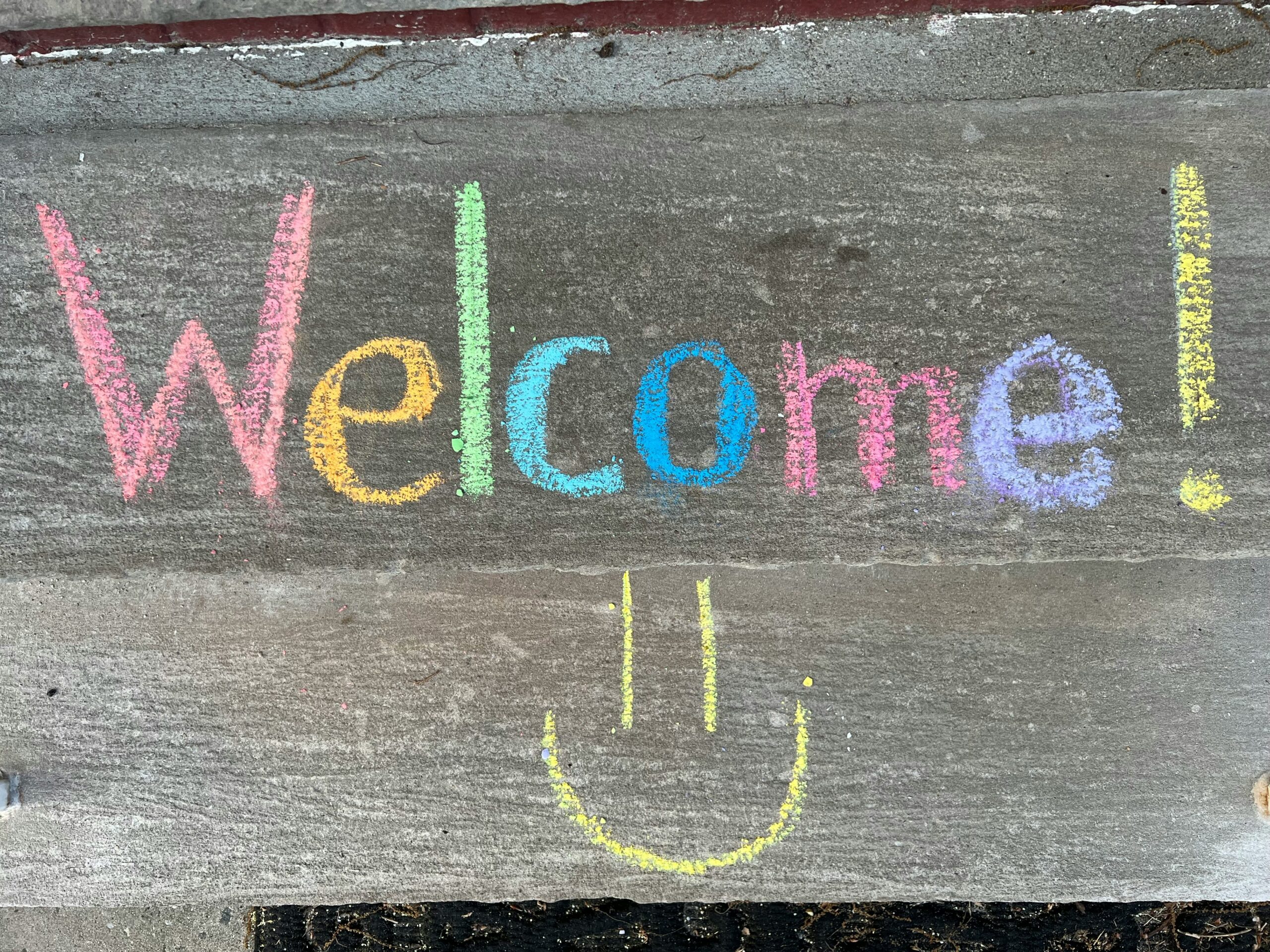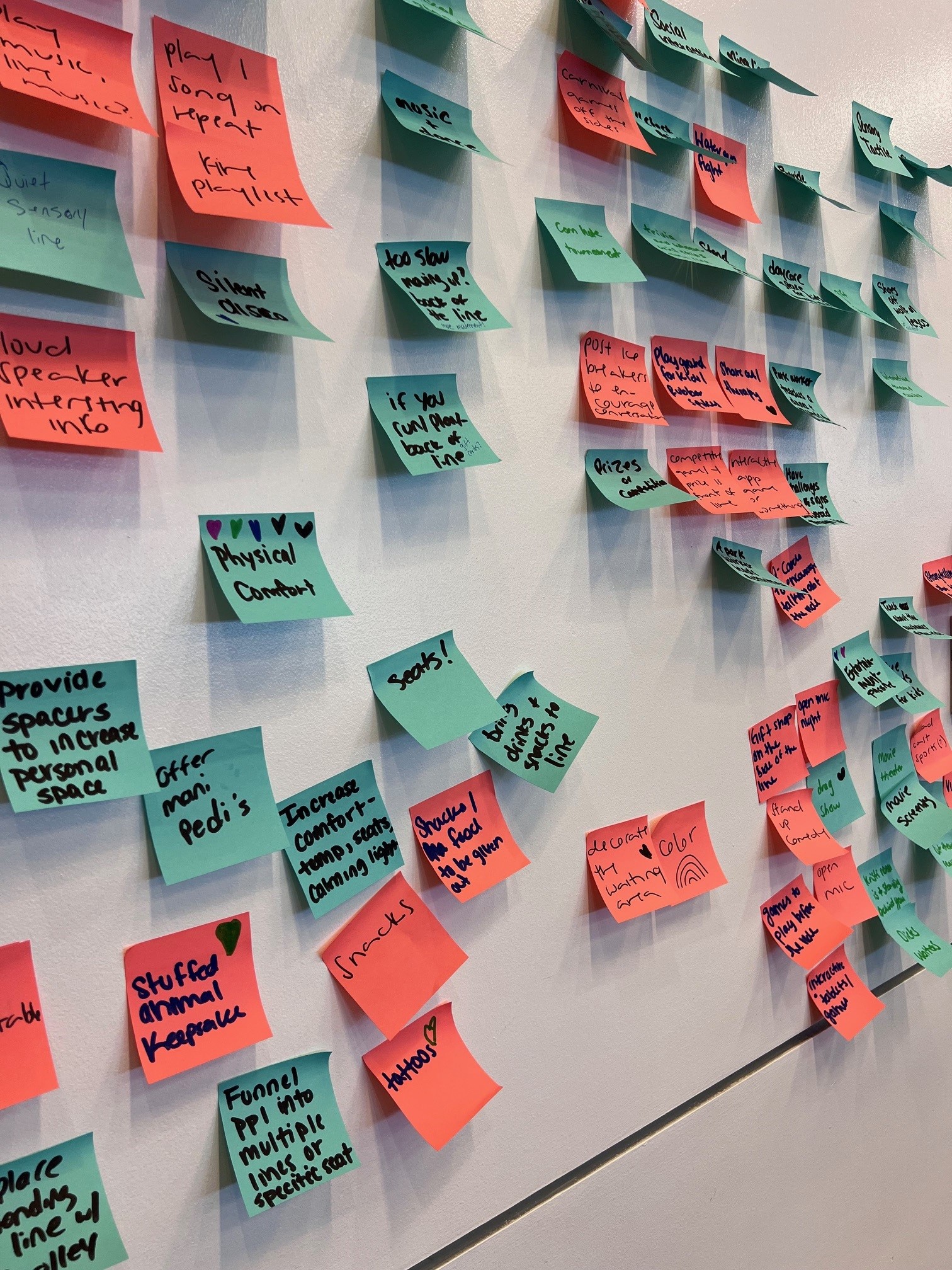
Unlocking the Secrets of Classroom Management
2018
What student behaviors do you find most challenging?
What techniques can you use to respond to these behaviors?
Explore essential classroom management techniques for the sex education classroom. Take a peek at a few different kinds of sex education classrooms, as well as number of challenging behaviors and some techniques to address them.
Complete this course at your own pace. It is best to complete the parts in order.
Estimated time: 20-25 minutes
Contributing Staff
Part 1
A Terrible, No Good, Very Bad Sex Ed Lesson
Welcome to Unlocking the Secrets of Classroom Management!
We’ll explore essential classroom management techniques for the sex education classroom. We’ll take a peek at a few different kinds of sex education classrooms, as well as number of challenging behaviors and some techniques to address them. Finally, we’ll reflect on how we might implement these techniques in our own classrooms.
All educators are different. And when it comes to classroom management, we all have strengths and challenges.
To ensure you learn the secrets of classroom management most relevant for you, complete the following interactive quiz. It’s designed to identify the student behaviors you find most challenging. Later, when we take a look at some classroom management techniques, pay special attention to those behaviors and the techniques to respond to them.
Be honest and don’t worry about what others may think. Your responses are not for anyone except you!
Part 2
Personal Reflection on Challenging Behaviors
Whew! What a terrible, horrible, no good, very bad sex ed lesson! Does any of that sound familiar? Complete the Personal Reflection activity and describe a time you faced challenging behavior.

Part 3
The Sex Ed Classroom, Part 1
Whew. We’ve all been there! Being a facilitator sure has its ups and downs! We’ll return to these behaviors in a bit. For now, let’s zoom out a bit.
All behaviors have context. For us, that context is typically a group setting in which you are facilitating an evidence-based intervention.
Although evidence-based interventions (EBIs) take many forms—school-based, community-based, or clinic-based; partially or completely in-person or online; one session or lots of sessions—the important thing to keep in mind is that every participant enters an EBI program with their own experiences and knowledge. As facilitators, it is our role to create the space the developer intended while being sensitive to the needs of the participants.
Here’s one example. When facilitating Sexual Health and Adolescent Risk Prevention (SHARP), the participants and facilitators sit in a circle, similar to a group therapy session. The tone of the facilitator’s voice and their body language during certain activities in SHARP mirror the tone of a group therapy session, too.

Part 4
The Sex Ed Classroom, Part 2
SHARP isn’t the only evidence-based intervention (EBI)! It’s Your Game…Keep It Real has some computer-based lessons in which the participants interact with activities online—some of which are pretty funny and will make the participants laugh.
Whether in a computer lab with desktop computers or regular classroom with tablets or laptops, the facilitator still needs to manage behavior so that the participants accomplish the computer-based lesson’s objectives.

Part 5
The Sex Ed Classroom, Part 3
Finally, here’s one last EBI. Making Proud Choices! includes a variety of learning strategies—interactive activities, videos, role-plays, and others—and is completely facilitator-led…or should I say “completely facilitator-hosted”?! It sometimes feels more like a party or sporting event!

Part 6
Questioning, Arguing, & Complaining
Now, let’s return to some difficult behaviors.
First, let’s take a look at three related behaviors: questioning, arguing and complaining.
- By questioning, we mean the behavior of a person when they are challenging the accuracy of what is being presented by the facilitator or educator.
- Arguing is when a person is confident they are correct and won’t accept the content being presented as true, or they want to explore every hypothetical situation or angle of what is being presented.
- And finally, complaining is when a person shares their negative feelings or perspective about a situation or the content being presented.
There are many ways to address these behaviors. Explore these short interactive activities to see how one facilitator does it.
Part 7
Oversharing, One-Upping, & Monopolizing
Now, let’s consider three more behaviors: oversharing, one-upping, and monopolizing.
- By oversharing, we mean that someone shares personal and intimate information about themselves and, sometimes, others.
- One-upping is when someone feels that they and their experience/life/story/”stuff” are better or more valuable than other people and another person’s experiences/life/story/”stuff.”
- And finally, monopolizing happens when someone talks and talks and talks so that there is no time for someone else to share or contribute to the conversation.
Explore these short interactive activities to see how you may want to respond to these behaviors.
Part 8
Clowning, Distracting, Withdrawing, & Sleeping
Finally, let’s consider four more related behaviors:
- By clowning, we mean being silly, making jokes or side-comments, and behaving in a way that intentionally makes people laugh.
- Distracting is when someone draws attention to themselves, intentionally or not.
- Withdrawing happens when someone is disengaged and doesn’t want to participate in learning/activities/anything that the rest of the group is doing.
- And finally, sleeping is just as it sounds. A person is zonked-out and not awake or alert.
Take a look at these short interactive activities for some great responses to these behaviors:
Part 9
Final Reflection on Challenging Behaviors
All facilitators face challenging participant behavior from time to time, but with the right strategies, you can create an ideal classroom environment no matter the evidence-based program you’re implementing!
Complete the interactive activity to reflect on some secrets of classroom management you might employ in your own classroom.










